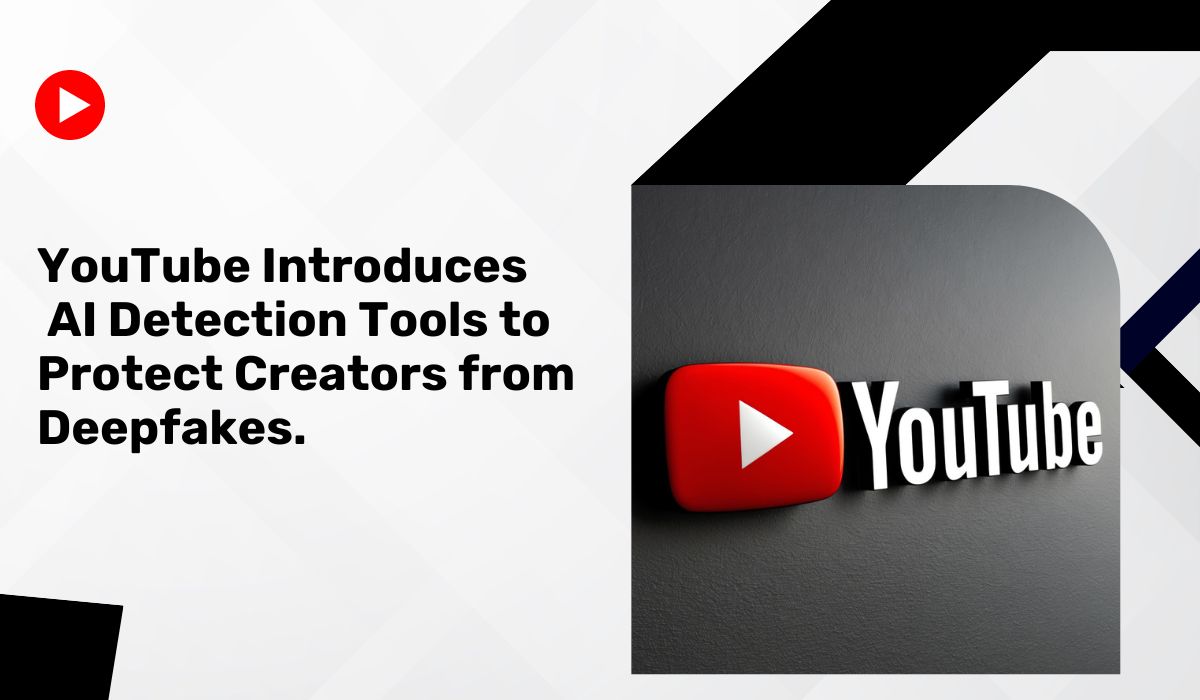
YouTube announced on Thursday the introduction of advanced AI detection tools designed to safeguard creators, including artists, actors, musicians, and athletes, from unauthorized use of their likeness—such as facial images and voice reproductions—in videos. A key component of this initiative is the enhancement of YouTube’s existing Content ID system, which currently identifies copyrighted materials. The expanded system will incorporate synthetic-singing identification technology to detect AI-generated content that mimics someone’s singing voice. Additionally, new detection technologies are being developed to identify when someone’s face has been replicated using AI.
YouTube is also exploring ways to address the use of its platform's content for training AI models, a long-standing concern for creators. Companies like Apple, Nvidia, OpenAI, and Google have faced criticism for utilizing creators’ content without their consent or compensation. While YouTube has yet to disclose the details of its plan to protect creators or monetize AI training, it hinted that more information will be released later this year.
The company is also progressing with its earlier commitment to compensate artists whose work has been utilized in AI-generated music. YouTube, in collaboration with Universal Music Group (UMG), aims to ensure that rightsholders are paid when AI uses their creations. The Content ID system, which processes billions of claims annually and generates significant revenue for creators, will soon be expanded to accommodate these new technologies. YouTube is expected to pilot the synthetic-singing identification technology with its partners early next year.
In addition to music, YouTube is developing a tool to help high-profile figures—such as actors, musicians, and athletes—detect and manage AI-generated content that uses their likeness without permission. This effort aims to prevent misleading uses of these individuals' identities, whether for endorsements or the spread of misinformation.YouTube has not yet specified when this system will be ready for testing.
“As AI evolves, we believe it should enhance human creativity, not replace it. We’re committed to working with our partners to ensure future advancements amplify their voices, and we’ll continue to develop guardrails to address concerns and achieve our common goals,” the announcement concluded.